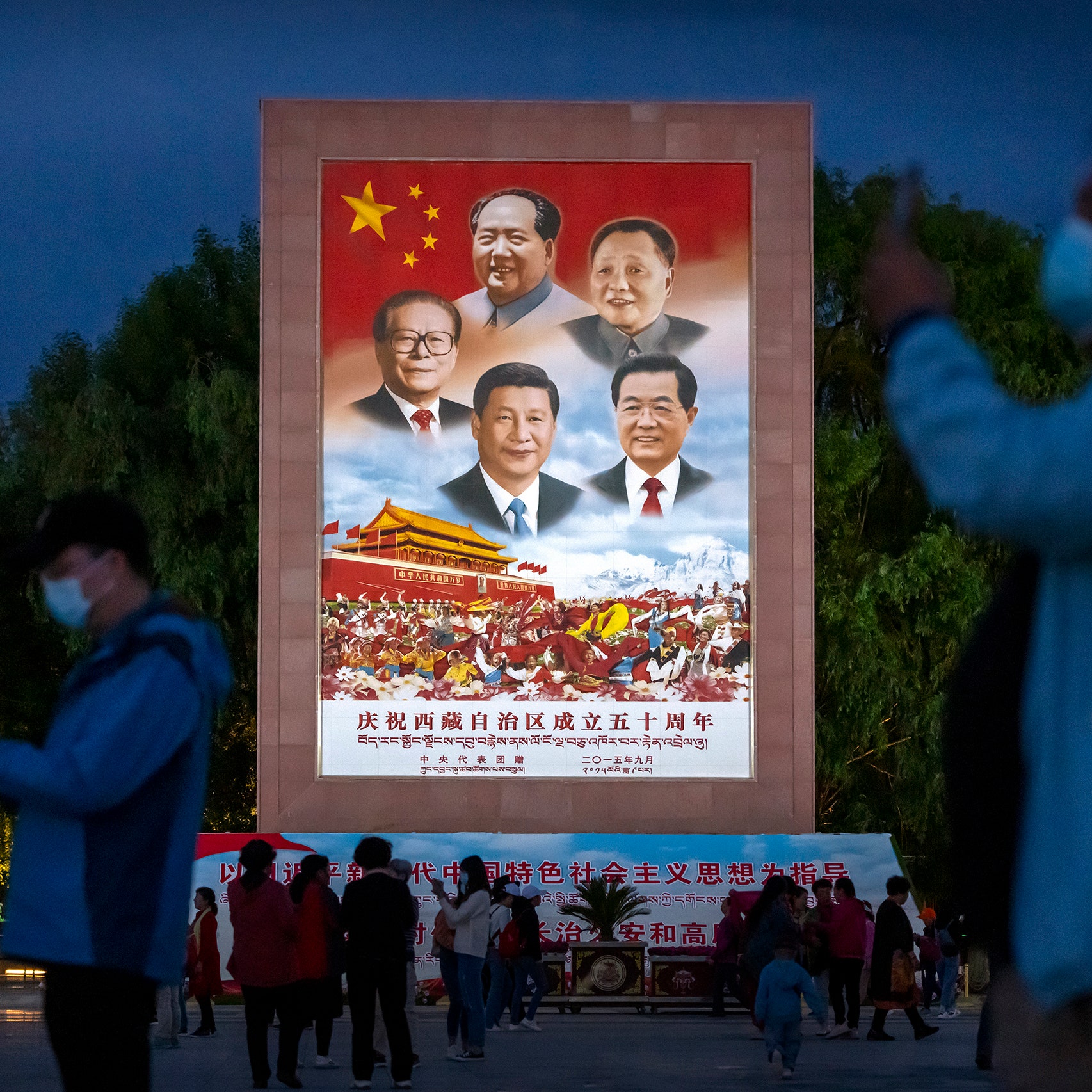
Global Views on Democracy Change as China Overtakes U.S. in Favorability
In a groundbreaking disclosure that may alter the dynamics of global power and public diplomacy, the freshly published 2025 Democracy Perception Index (DPI) indicates that a greater number of nations now hold China in higher regard than the United States—for the first time since the survey began. This significant transition comes amid ongoing robust support for democratic principles globally, even as frustration with the effectiveness of democratic governments escalates.
Generated by Nira Data in collaboration with the Alliance of Democracies Foundation, the survey gathered feedback from over 111,000 participants across 100 nations, covering more than 91% of the global population. Released just prior to the Copenhagen Democracy Summit, the DPI presents a detailed and at times unexpected depiction of how the worldwide populace perceives democracy, governance, and political leaders in 2025.
A Significant Reconfiguration of Global Sentiments
One of the most surprising—and revealing—findings from the 2025 DPI is the dramatic shift in global attitudes toward the United States. Previously regarded as the standard-bearer of democratic values, America’s net favorability has plunged from +22% in 2024 to -5% this year. This downturn places the U.S. behind China (+14%) and marginally ahead of Russia (-9%) in global standings.
Out of 96 nations surveyed, 76 now express a more favorable view of China than the United States. In Europe, historically a bastion of transatlantic ties, numerous Western countries now assess China more positively. The Middle East and North Africa exhibit the most significant inclination toward China, indicating that geopolitical trends and regional priorities continue to significantly influence public opinion.
Anders Fogh Rasmussen, the former NATO Chief and current Chair of the Alliance of Democracies Foundation, expressed concerns regarding America’s declining international image. “I’m not surprised that perceptions of the United States have dropped so dramatically,” he noted, “although it is encouraging that support for the rules-based global order remains robust worldwide.”
Passion for Democracy Persists—With Qualifications
In spite of the changes in perceptions of global powers, the core principles of democracy continue to receive broad endorsement. More than two-thirds of respondents affirm that democracy is “very important” for their nation, with countries like Greece (89%) and Turkey (87%) leading in prioritizing democratic governance.
However, a closer inspection reveals a changing understanding of what democracy signifies to individuals today. The majority approach democracy from a pragmatic perspective: 52% of citizens assert that the primary democratic function should be to enhance living standards and societal welfare. In contrast, fundamental democratic components such as free elections (19%), safeguarding individual rights (16%), and fair and peaceful societies (13%) scored notably lower.
In this light, dissatisfaction with actual governmental performance is pronounced. Governments, on average, received a mere 2.77 out of 5 across 18 essential policy areas. Concerns such as the escalating cost of living, poverty reduction, and access to safe and affordable housing topped the list of complaints. These results indicate that citizens are demanding concrete results from their democratic systems—and are prepared to evaluate democracy’s effectiveness based on a results-driven perspective.
Security and Sovereignty: Conflicting Ideals and Realities
On issues of security and defense, global perspectives reflect a mix of idealism and apprehension. A substantial 85% of survey participants believe nations should adhere to international law, even when it may limit their own governmental authority. However, perspectives on national defense reveal notable regional disparities.
In the Middle East and North Africa, an impressive 69% of individuals aged 18–55 expressed readiness to personally defend their country if necessary. In contrast, this readiness significantly diminishes in Western Europe, where nations like France, Italy, and Belgium report that fewer than 33% of their youth are willing to take up arms in defense.
“This disparity is quite alarming, particularly for Europe,” stated Rasmussen. “We confront serious threats to our security, and our governments must persuade their citizens to invest in our defenses now—if we wish for peace and freedom to endure in the future.”
Leadership Recognition: Awareness vs. Endorsement
The 2025 DPI also explores leadership perceptions, illuminating how various political figures are viewed across the globe. Donald Trump remains the most recognized global figure, with 85% of respondents aware of who he is. He is followed by Russian President Vladimir Putin (81%), Chinese President Xi Jinping (63%), and Indian Prime Minister Narendra Modi (35%).
However, recognition does not equal approval. Trump faces negative ratings in 82% of the nations surveyed, surpassing Putin (61%) and Xi (44%) in global disapproval. In contrast, non-political public figures—such as Pope Francis, Angelina Jolie, and Bill Gates—enjoy considerably more favorable international opinions.
A World at a Crossroads of Democracy
Dr. Nico Jaspers,